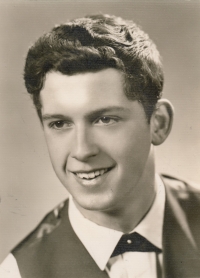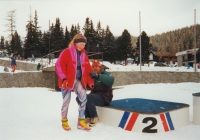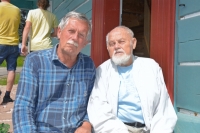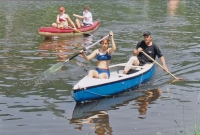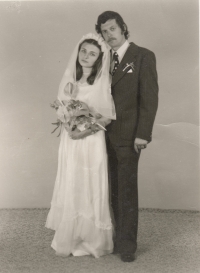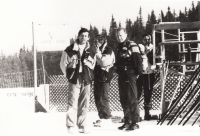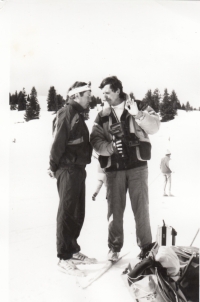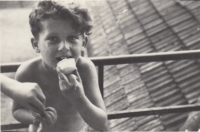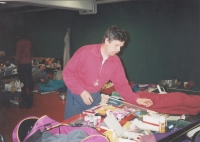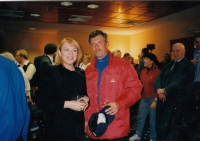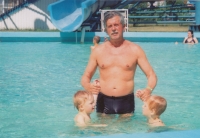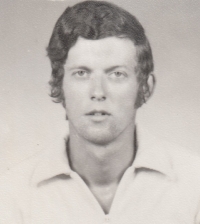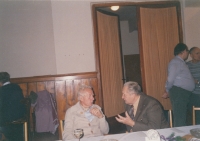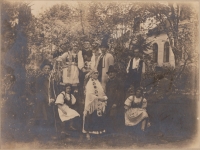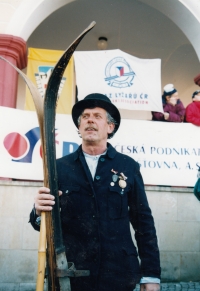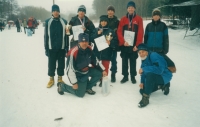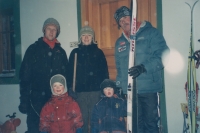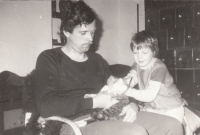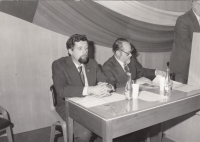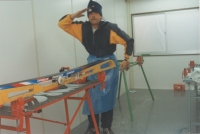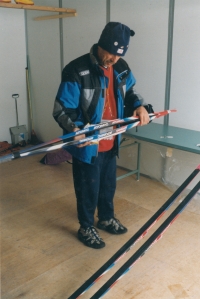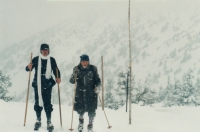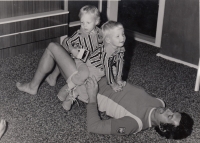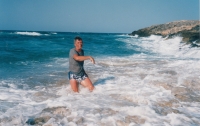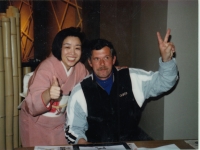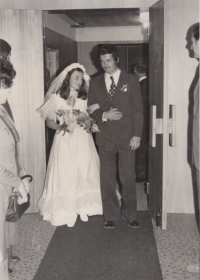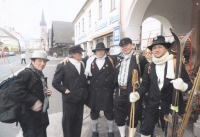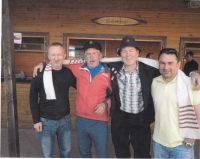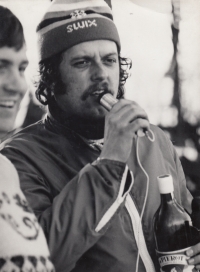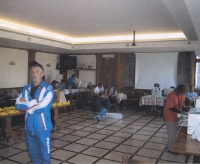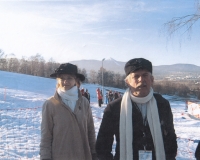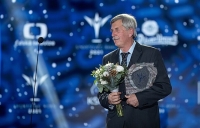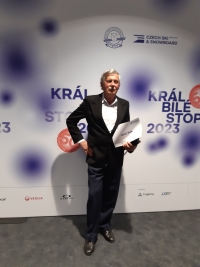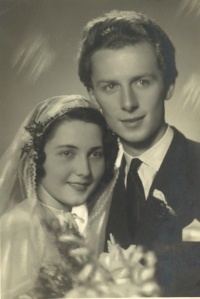If you work hard, the work will be good
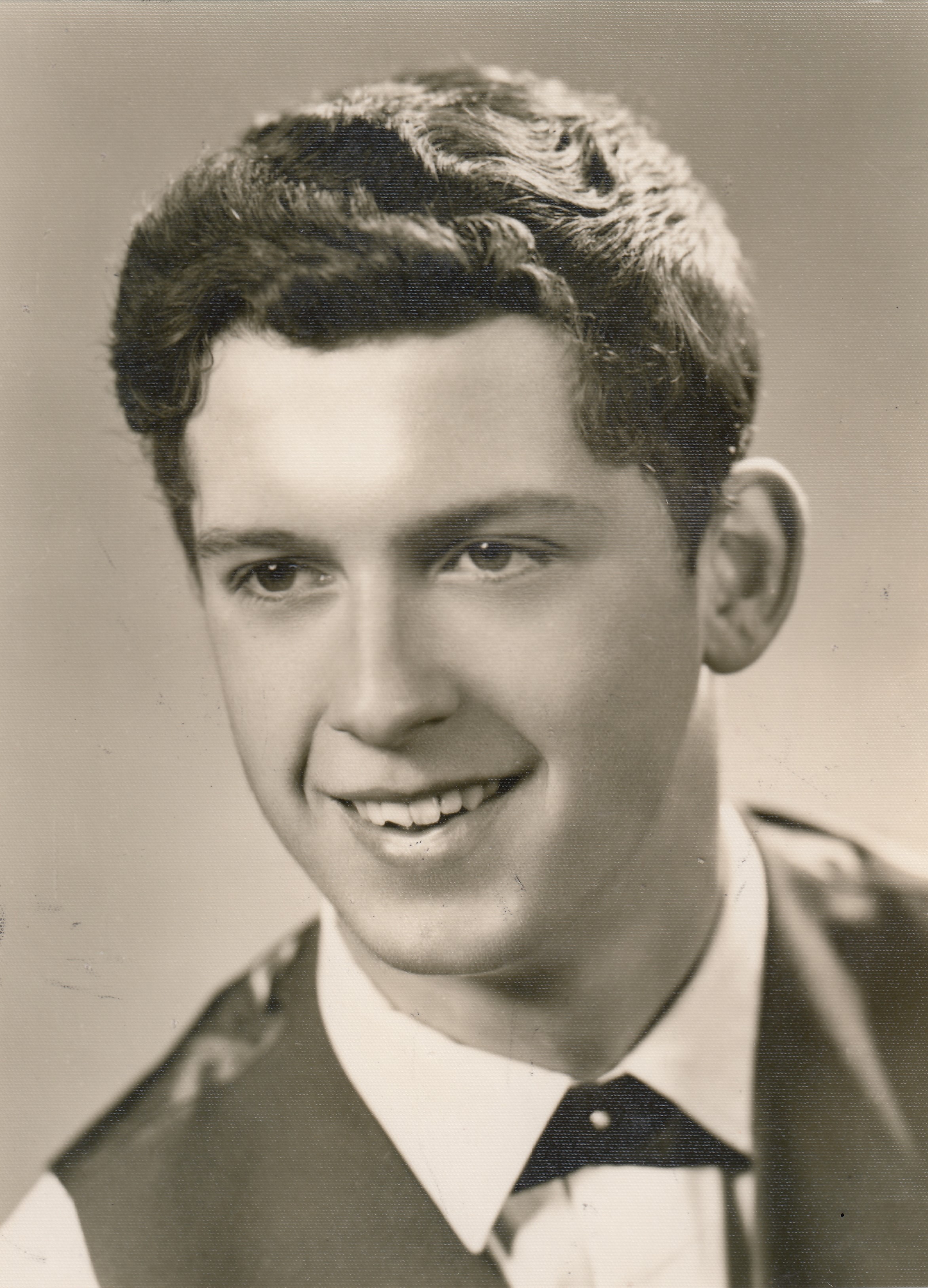
Download image
Aleš Suk was born on 8 September 1946 in Hradec Králové into a family with four generations of cantors. His parents often moved around the region of eastern Bohemia, but they considered the village of Železnice u Jičína to be the place where their roots were. Both parents taught, and the father, Zbyněk Suk, studied art education and gymnastics and lived a long, active life. His personality influenced several generations of his students. He was expelled from the Communist Party of Czechoslovakia (KSČ) for his political views and support for the Prague Spring during the normalization period and was forced to leave school and work manually. His son Aleš studied physical education and Russian language at the ITVS in Prague, taught briefly at the Secondary School of Economics in Turnov and has lived in Vrchlabí since 1976. He became a cross-country skiing coach and together with Jan Červinka founded and led the SVSM (Association of Top Youth Sports). The association had strong official support, and young skiers under the guidance of the coaches showed excellent results. After November 1989, the association ceased to exist. Aleš Suk started to train youth with the same enthusiasm after he started to teach PE at the primary school in Vrchlabí. With his personal dedication and excellent coaching methods, he brought up many excellent runners, some of whom later won medals at the Olympic Games. Aleš Suk has been collecting everything related to skiing all his life. Over the years, he has amassed an impressive collection of unique artefacts, which he has lent to the Ski Museum in his home town of Dolní Branná. His work with youth has been recognized as a Lifetime Commitment to Sport. He was named Sportsman of the Year in 2020 and inducted into the Ski Association of the Czech Republic Hall of Fame in 2023.
